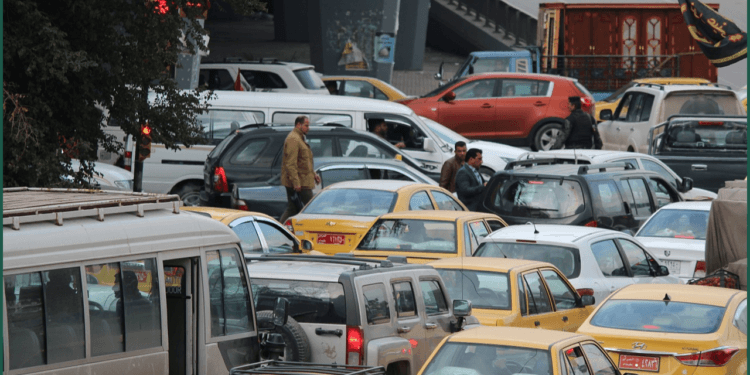Karachi, Pakistan’s bustling metropolis, has introduced a new set of traffic and road safety rules aimed at tackling the alarming rise in road fatalities. The measures, enforced starting March 2025, come as authorities seek to bring order to the city’s chaotic streets, where accidents have claimed numerous lives and left countless others injured. With a growing population and increasing vehicle density, Karachi’s roads have long been a hotspot for traffic violations, reckless driving, and pedestrian hazards. The new regulations signal a determined effort to reverse this grim trend.
Under the updated rules, stricter penalties will be imposed for common offenses such as speeding, running red lights, and using mobile phones while driving. Traffic police have been equipped with advanced tools, including speed cameras and digital ticketing systems, to ensure compliance. Motorists caught violating speed limits will face hefty fines, while repeat offenders risk license suspension. Additionally, the use of seat belts for all passengers in vehicles is now mandatory, with drivers held accountable for non-compliance. For motorcyclists, who account for a significant portion of road casualties, wearing helmets has been made non-negotiable, with on-the-spot fines for those riding without them.
The initiative also focuses on pedestrian safety, a long-overlooked aspect of Karachi’s traffic system. New zebra crossings, traffic signals, and footbridges are being installed in high-traffic areas, while jaywalking will attract penalties to encourage safer habits. Heavy vehicles, often blamed for late-night accidents, are now restricted from entering residential zones during peak hours. The city administration has also launched an awareness campaign, using billboards, radio, and social media to educate the public about the changes.
Local residents have mixed reactions. Some welcome the crackdown, citing the need for discipline on Karachi’s lawless roads. “It’s about time,” said Ahmed Raza, a shopkeeper near Saddar. “Too many lives are lost because people drive like they own the streets.” Others, however, worry about enforcement consistency, given past challenges with corruption and limited resources.
Officials estimate that if properly implemented, the rules could reduce road fatalities by up to 30% within the first year. Traffic police have been directed to adopt a zero-tolerance policy, though questions remain about whether infrastructure upgrades will keep pace with the stricter regulations. As Karachi takes this bold step, the success of these measures will depend on both enforcement and public cooperation. For now, the city holds its breath, hoping for safer roads ahead.

















































